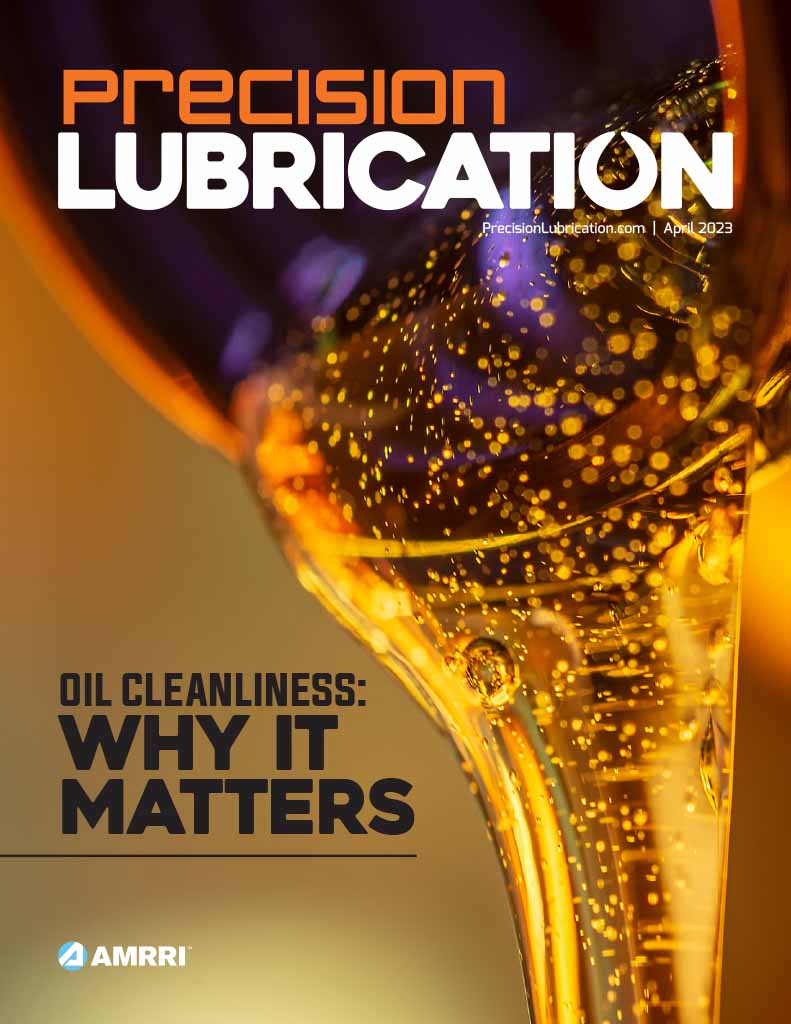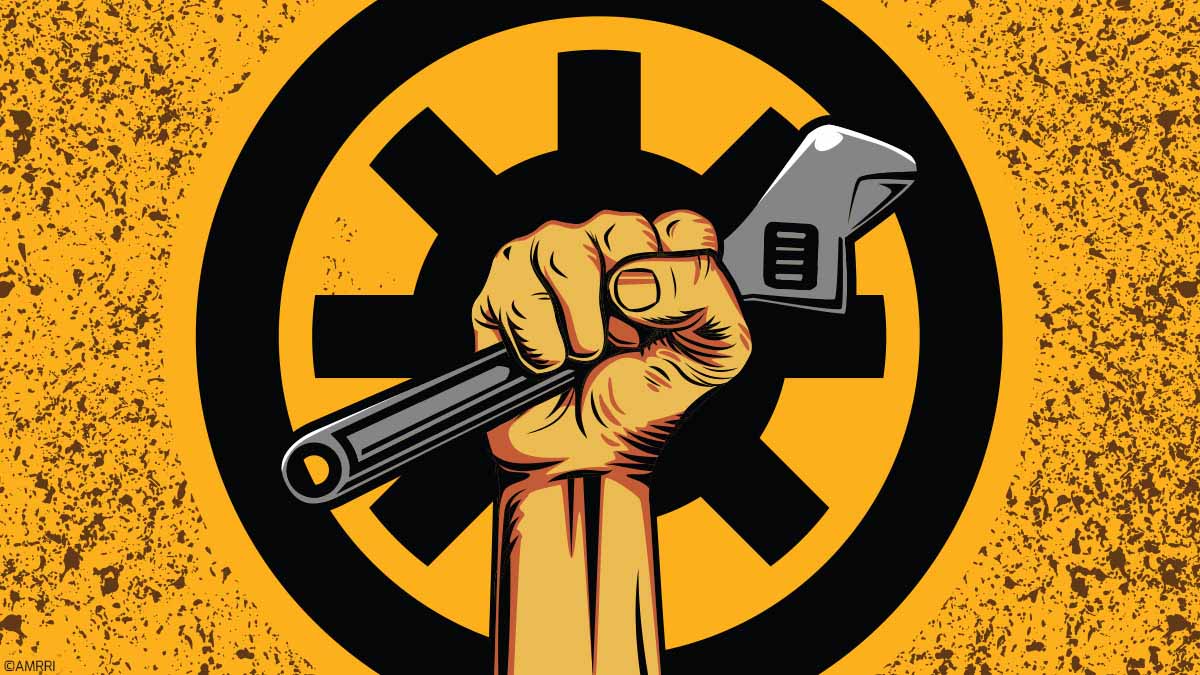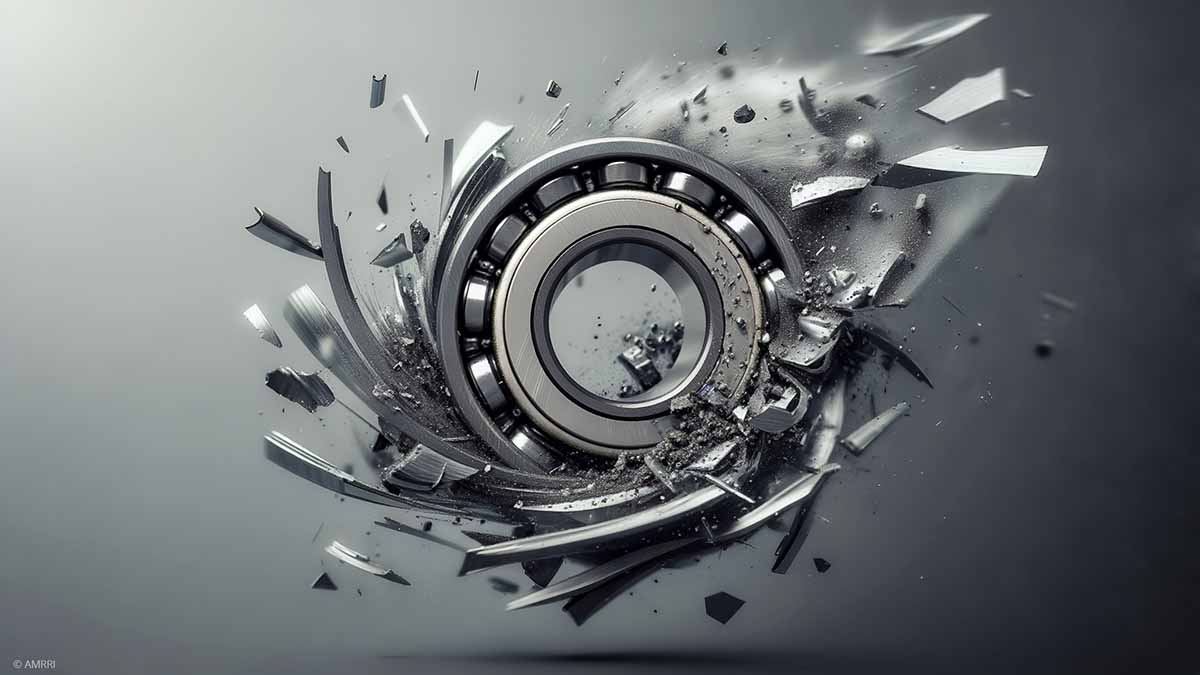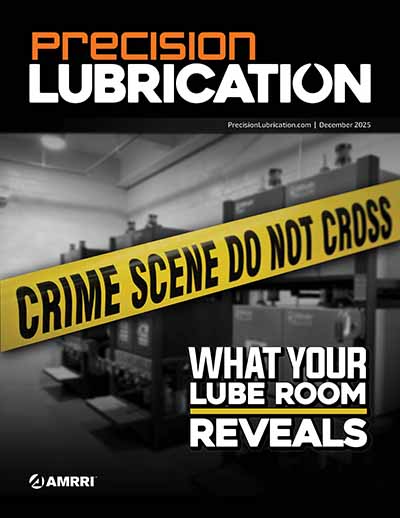featured
Seal the Deal: Practical Steps to Combat Contamination in Pumps
What Causes Wear? Contamination has frequently been identified as one of the major causes of premature wear on...
recommended
Ferrous Density and Particle Counting: Building a Balanced Strategy
I had a laboratory manager, over twenty years ago, complain to me that he wished I would stop pushing particle...
Oil Consolidation Reimagined: The 5S Method for Smarter Lubrication Practices
When we walk into a pharmacy, there are thousands of items. Some of them do the same job but have different names and...
Lubrication’s Hall of Fame: Meet the Top 10 Pioneers
In 1966, at the height of the "swinging sixties" movement, the world of lubrication, friction, and wear finally...
When Bearings Fail: A Fire Pump’s Hard Lesson in Reliability
In a Middle Eastern refinery, a newly commissioned fire water pump, crucial for emergency services, experienced...
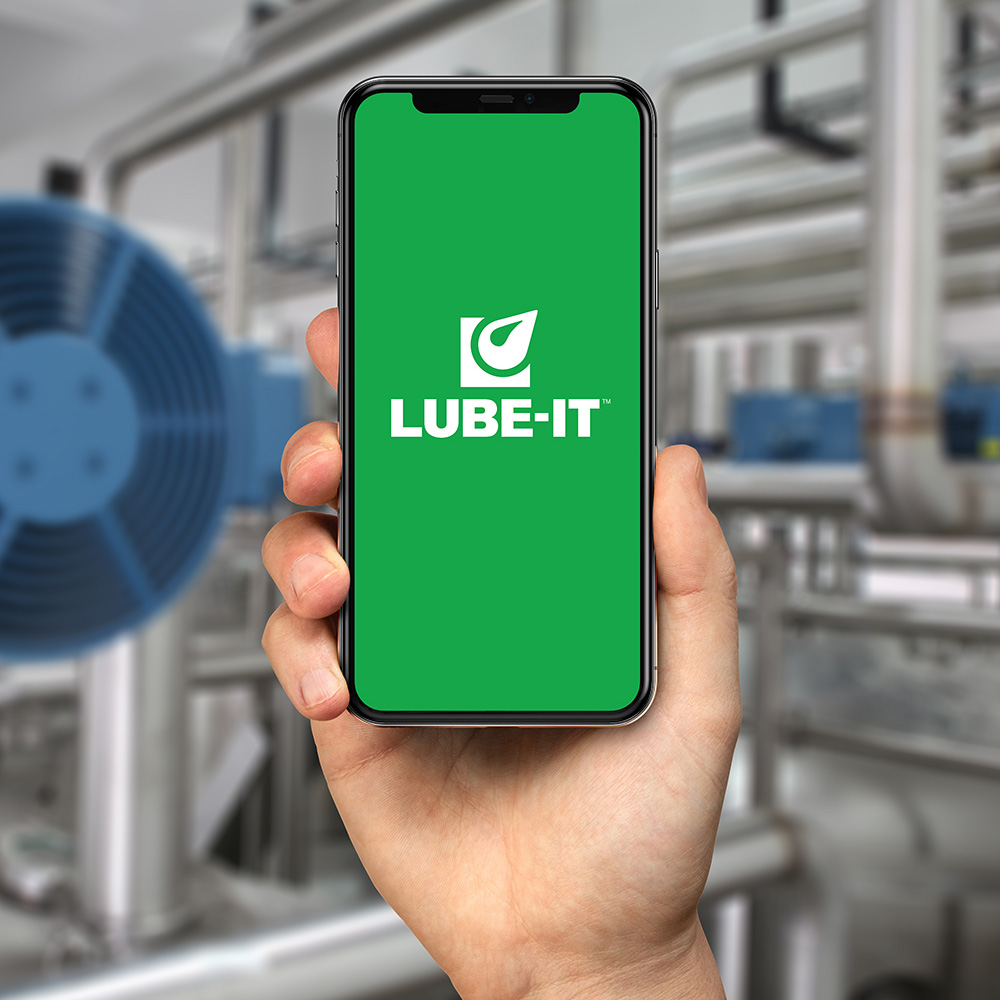
Lubrication Scheduling Software
With capabilities not found in spreadsheets or CMMS systems, LUBE-IT manages every task at every lube point providing lube techs with all the information they need to keep equipment running and reliable.
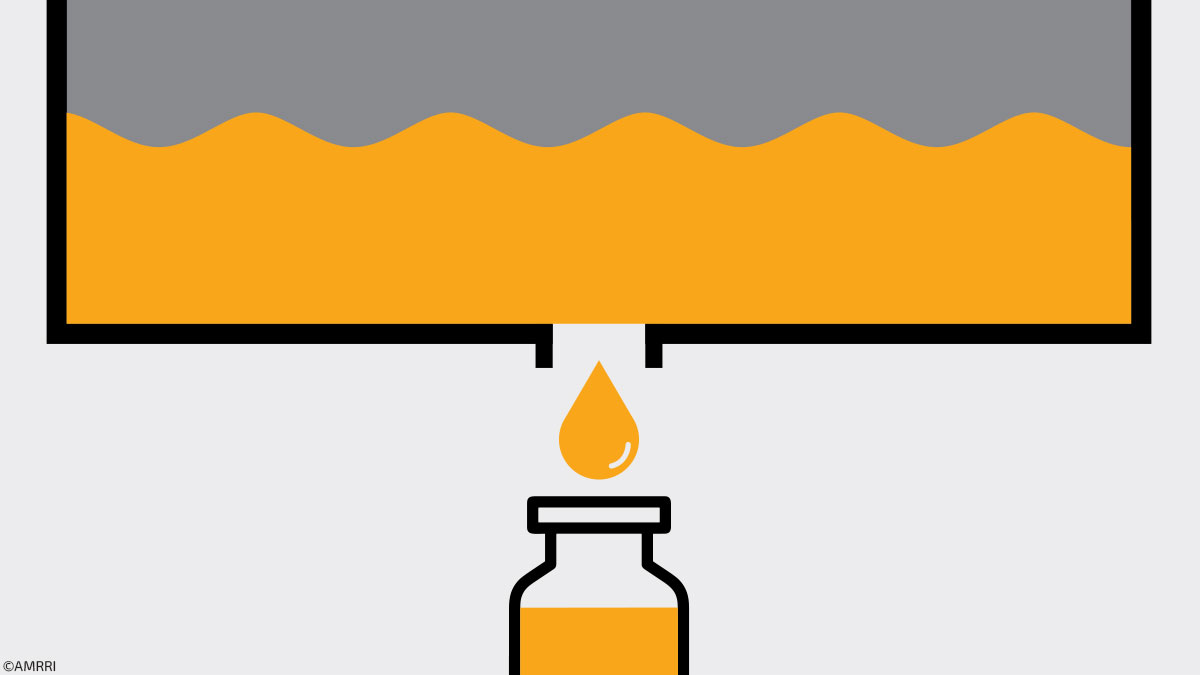
Why Drain-Based Oil Sampling Breaks Trends, Decisions, and Quality
Oil analysis is one of the most potent tools in proactive maintenance and asset management. However, its effectiveness depends fundamentally on one critical factor: the quality of the collected sample. Even today, many professionals still take samples directly from...

Maintenance & Reliability: Where You Fit on the Industrial Tribology Map
When I go into industrial plants and tell the Lubrication Team, aka, oilers and greasers, that they are Tribologists, I usually get a look of confusion on how they would fit in. When you first think of Tribology, your thoughts may immediately go to all the great PhD...
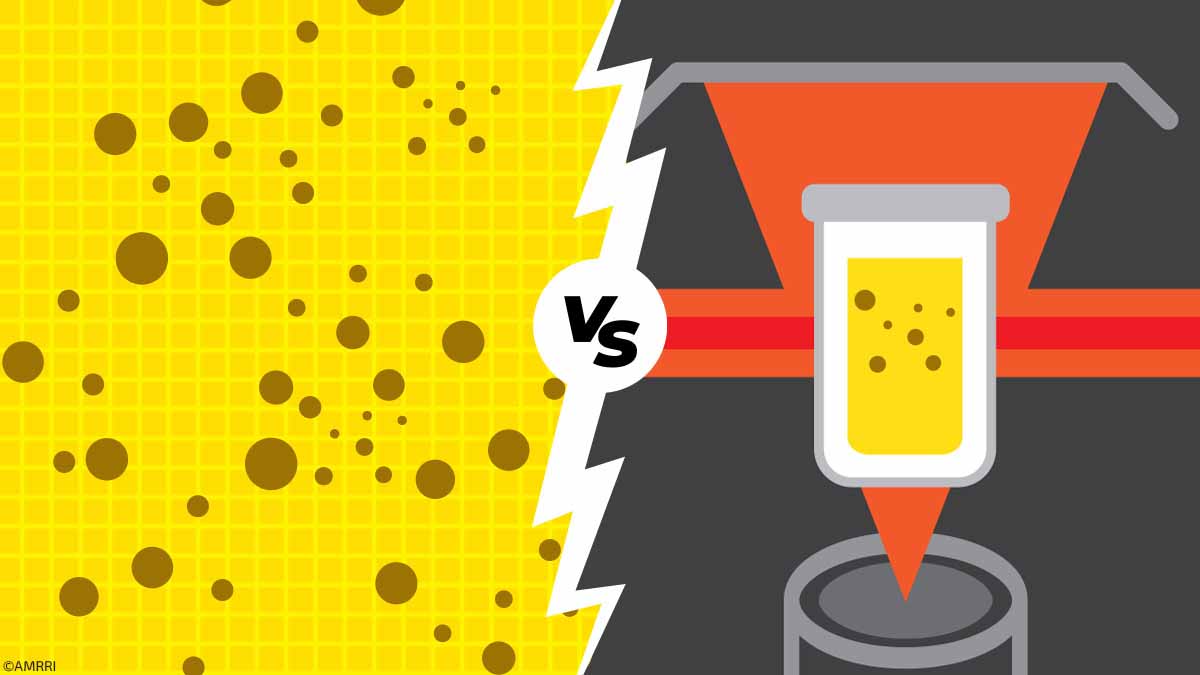
Ferrous Density and Particle Counting: Building a Balanced Strategy
I had a laboratory manager, over twenty years ago, complain to me that he wished I would stop pushing particle counting, as he was getting annoyed by clients asking for it after my courses. In his view, particle counting was necessary primarily for hydraulic oils and...
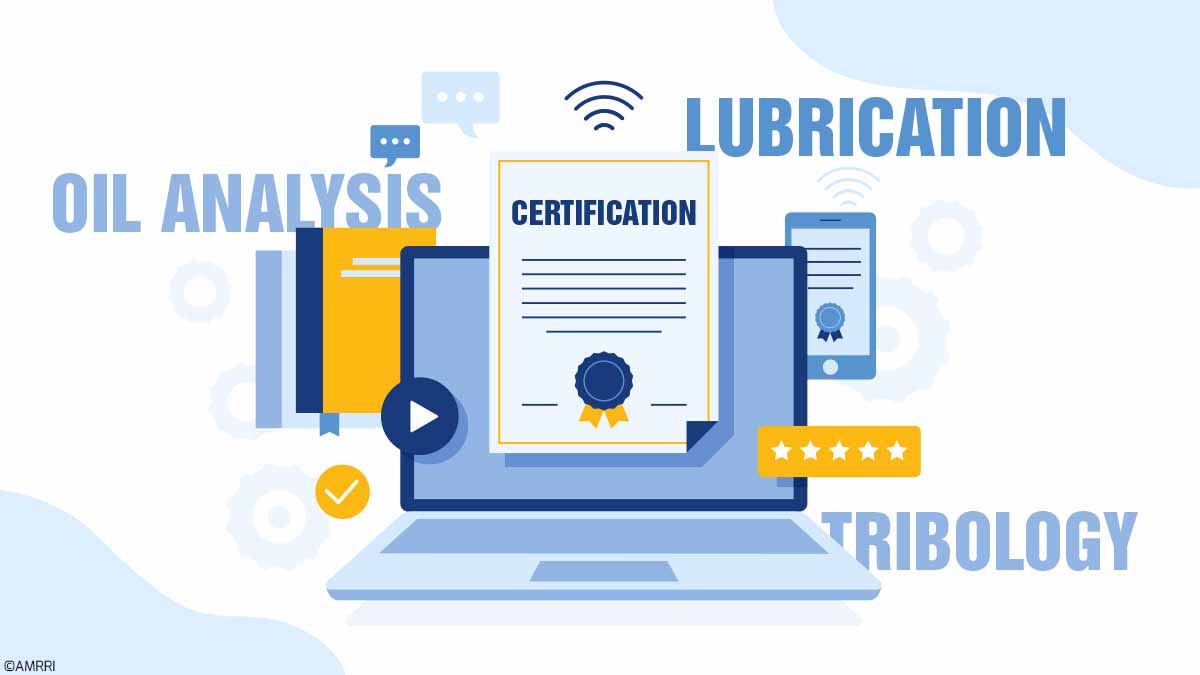
How to Pick Between Lubrication, Oil Analysis, and Tribology Certifications
"I want to obtain a certification in the area of..." is often one of the goals set by maintenance personnel, especially those working in predictive maintenance. One of the certifications in the predictive area that has seen significant growth is the lubrication...

How Fine Is Too Fine in Oil Filtration Systems?
As with many things in lubrication, sometimes too much is as bad as too little. This is certainly the case with filtration. How Fine Is Too Fine for Your Oil Filter? To answer that, we need to look at several factors. First, let’s dispel a few myths about fine...

